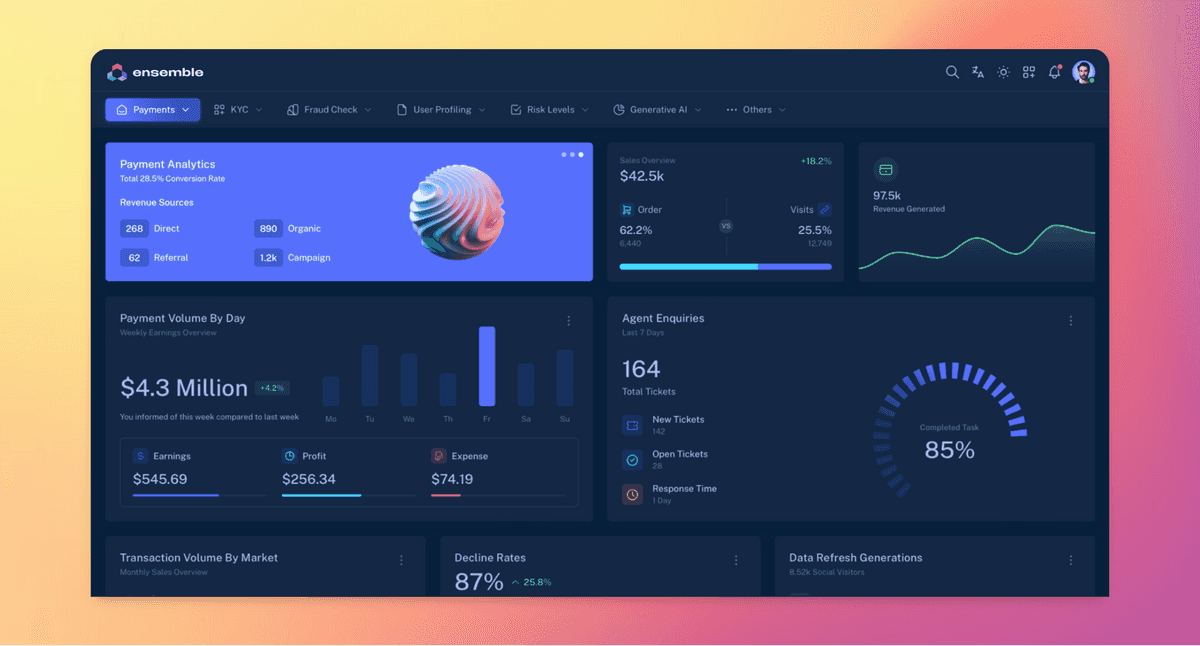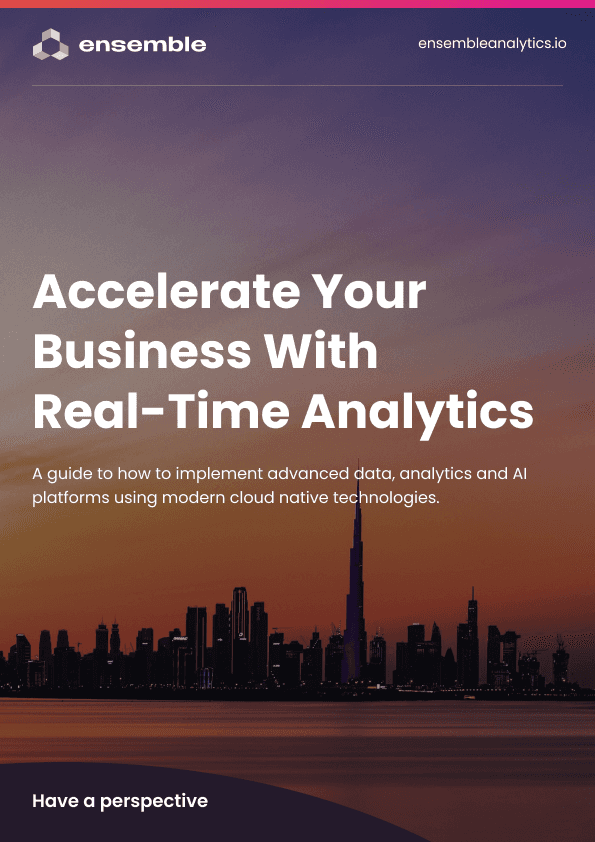
The gaming industry is inherently dynamic, driven by technological advancements, shifting consumer preferences, and constant innovation.
The rapid evolution of gaming hardware and software, including virtual reality, augmented reality, and cloud gaming, contributes to an ever-changing landscape.
The industry's dynamic nature is also fueled by the demand for captivating storytelling, immersive experiences, and cutting-edge graphics, forcing game developers to stay at the forefront of creativity and technological prowess.
However, these dynamics come with challenges, such as the high costs associated with game development and the risk of market saturation. Intense competition and the need to consistently deliver high-quality content that resonates with diverse audiences further amplify the challenges in this rapidly evolving sector.
Navigating the balance between meeting consumer expectations, addressing emerging trends, and managing the risks associated with technological and market uncertainties make the gaming industry both dynamic and challenging.
Innovating With Data and AI
Real-time analytics in the online gaming industry represents a transformative tool that significantly enhances both player experience and business performance. In this dynamic environment, the ability to analyze data instantly and respond accordingly is invaluable. The application of real-time analytics in online gaming spans various aspects, from personalized player experiences to operational efficiency and security.
Example use cases include:
Enhancing Engagement and Retention
One of the primary uses of real-time analytics in online gaming is in enhancing player engagement and retention. By analyzing player behavior, preferences, and interactions within the game in real time, game developers can create a more personalized gaming experience. For example, if the analytics detect that a player is struggling in a particular level, the game could offer tailored tips, adjust difficulty levels, or provide incentives such as power-ups to keep the player engaged. Similarly, by understanding what aspects of the game players enjoy the most, developers can focus on creating similar content, thus increasing the game’s appeal and longevity.
Monetisastion
Real-time analytics also plays a critical role in monetization strategies within online gaming. By tracking player spending patterns and preferences in real time, gaming companies can tailor their in-game marketing and promotional strategies more effectively. This could involve offering in-game purchases or upgrades that are aligned with the player's current game status or interests, thereby increasing the likelihood of purchase. Dynamic pricing models can also be implemented, where the price of in-game items can vary based on demand and player spending behavior, optimized in real time for maximum revenue generation.
Gaming Experiences
Another important aspect is the management of gaming communities and player interactions. Real-time analytics can monitor player behavior and interactions to identify and address toxic behavior quickly, such as harassment or cheating, thus maintaining a healthy and enjoyable gaming environment. This immediate response is crucial in retaining players and ensuring a positive community atmosphere.
Operational Efficiency
Operational efficiency is yet another area where real-time analytics yields significant benefits in the online gaming industry. By continuously analyzing game performance data, developers can identify and rectify issues like bugs, server downtimes, or performance lags immediately, thereby minimizing disruptions to the gaming experience. This proactive maintenance ensures a smooth and reliable gaming service, which is essential in maintaining player satisfaction and loyalty.
Security
Real-time analytics is instrumental in enhancing security in online gaming. With the increasing prevalence of cyber threats, the ability to detect and respond to security breaches instantly is vital. Real-time monitoring of gaming networks can help quickly identify unusual patterns or potential security threats, such as hacking attempts or data breaches, enabling immediate action to safeguard player data and maintain trust in the gaming platform.
The use of real-time analytics in the online gaming industry offers a multitude of benefits, from creating personalized and engaging player experiences to optimizing monetization strategies, maintaining community health, ensuring operational efficiency, and bolstering security. This technology not only elevates the player experience but also provides gaming companies with valuable insights and tools to stay competitive in a rapidly evolving industry.
Technical Foundations
Unfortunately, traditional tools and approaches to data and analytics do not scale to deliver solutions like this.
There are too many delays in the process, and the systems often used are not performant enough to process high volumes of data with low latency. In addition, traditional business intelligence tools are not rich and flexible enough to meet the business demands.
This technology stack needs to be re-invented for the cloud, with tools and architectural patterns that are built for real-time advanced use cases and predictive analytics:

Introducing Ensemble
We are Ensemble, and we help enterprise organisations build and run sophisticated data, analytics and AI systems that drive growth, increase efficiency, enhance their customer experience and reduce risks.
We have a particular focus on ClickHouse, the fastest open-source database in the market, which we believe is the fastest best data platform for systems like this.
Want to learn more? Visit our home page or download our free report that describes the process for implementing advanced analytics in your business.



